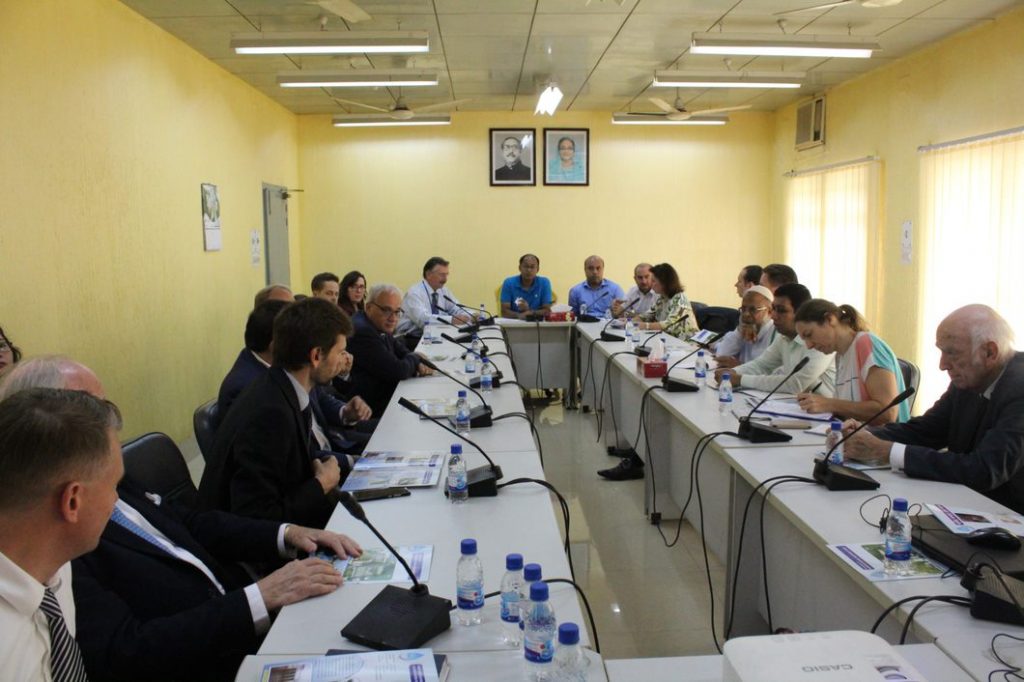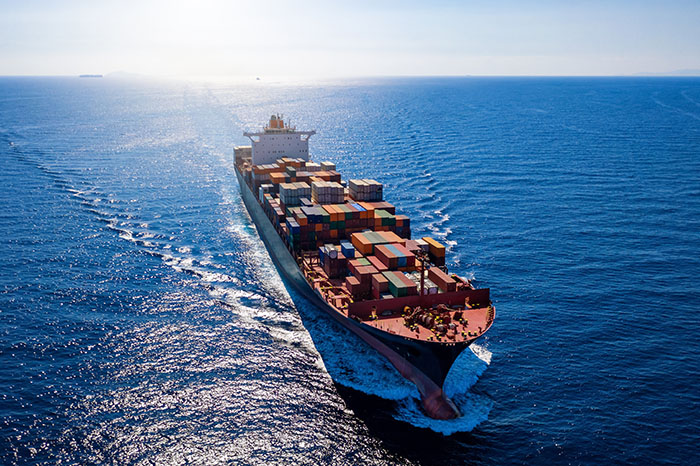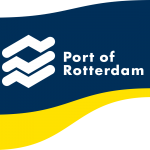In the global business ecosystem, the shipping industry has invariably faced the interconnection between geopolitical events, risks, and opportunities. To navigate this complex business environment shipping companies have developed a global outlook and insight, robust legal institutions, and a functioning relationship with authorities and stakeholders at the national and international level. The driving forces of establishing this very relationship are maritime public diplomacy and maritime economic diplomacy. Maritime public diplomacy is performed by States and international organizations, whereas maritime economic diplomacy is performed by sectoral organizations such as Chambers or Associations, representing the general interest of their specific business communities. Undoubtedly, these two pillars have successfully leveraged the “soft power” of the shipping industry over the centuries.
In a fast-changing business environment where Great Power competition, polarization, and unprecedented disruptions evolve rampantly, shipping companies from global to small are increasingly seeking to exclusively engage with governments and stakeholders worldwide and advance their individual commercial interests. It is then no surprise that Corporate Diplomacy −a well-known management tool among multinational companies− finds application in shipping with the view to addressing a company’s upcoming issues in a cost-effective manner.
A maritime Corporate Diplomacy is a tool designed to build and manage influence by engaging external stakeholders. It operates on the basis of “soft power”, interests and relationship-building.
In particular, Maritime Corporate Diplomacy is:
-the dynamic capability of co-opting rather than coercing
-an additional tool in the shipping industry’s traditional assembly of legal, mediation, and arbitration tools
-operating between a shipping company and governments or other stakeholders. Clearly distinguishable from either public or economic diplomacy, maritime corporate diplomacy frequently creates synergistic benefits with either one or both.
-driven by political actors and representatives of countries that typically operate in embassies, consulates, governments, international organizations
Maritime Corporate Diplomacy may involve a broad range of actions and deliverables such as:
-organizing forms and methods for establishing relationships and resolving disputes with prudence and tact
-collaborating with public authorities and regulators that affect commercial processes
-interacting and negotiating cross-culturally with political, administrative, and social actors to create and exploit business opportunities
-managing conflicts with external stakeholders
-anticipating threats
-providing competitive intelligence
-leverage public-private partnerships
-shaping public perceptions to safeguard image and reputation

Effectively, a maritime corporate diplomat is a “diplomatic broker” conceiving and implementing favorable conditions for the conduct of business activities. This is achieved by using an agenda with key contacts acquired through years of work. In addition, the diplomatic broker observes stringent codes of conduct as well as etiquette and pays high attention to the Client’s reputation.
Shipowners, P&I Clubs, classification societies, charterers, traders, and offshore operations increasingly use Maritime Corporate Diplomacy when dealing with dispute resolution, handling of claims, problems arising in connection with day-to-day operations, reducing regulatory risk, creating favorable conditions in new markets, building global strategic networks and alliances.
In a nutshell:
With the purpose of coping in challenging business environments shipping companies are opening up their organizational boundaries and tapping into external sources of “soft power”. Maritime Corporate Diplomacy is a modern management tool with innovative applications in shipping and clear value for money.
The authors are founders and managing partners at MAR-DIPLO P.C. Maritime Corporate Diplomacy Piraeus Business Center Ag. Dimitriou 41 185 46 Piraeus
Dr. Mary Papaschinopoulou MLE is a seasoned corporate diplomat with over 20 years of international experience in the fields of trade, maritime policy, transport & logistics, environment, certification, and offshore. Neofytos Kourtesis MSc has extensive professional experience in tankers and bulk carrier vessels, as well as in shipping operations, claims handling, cargo handling, crew handling, and the application of Maritime Corporate Diplomacy tools.
Source: Hellenic Shipping






